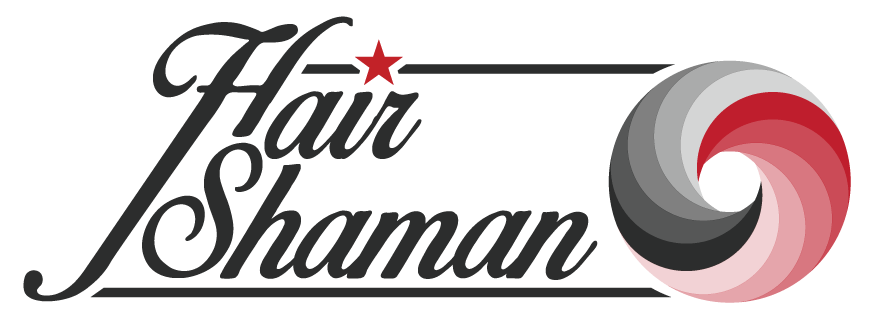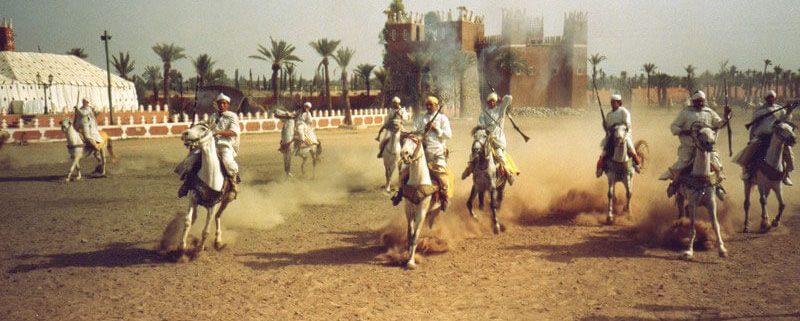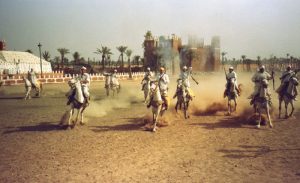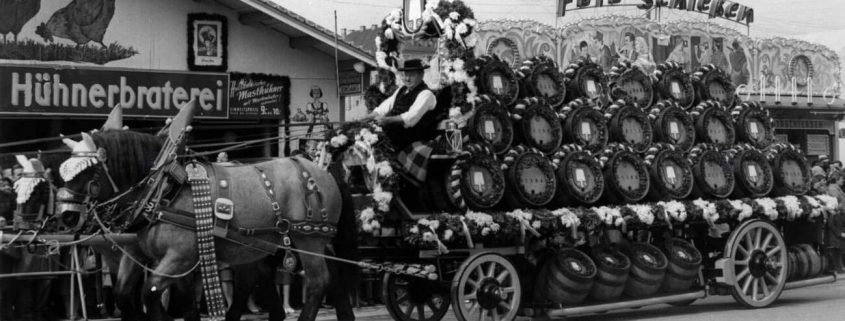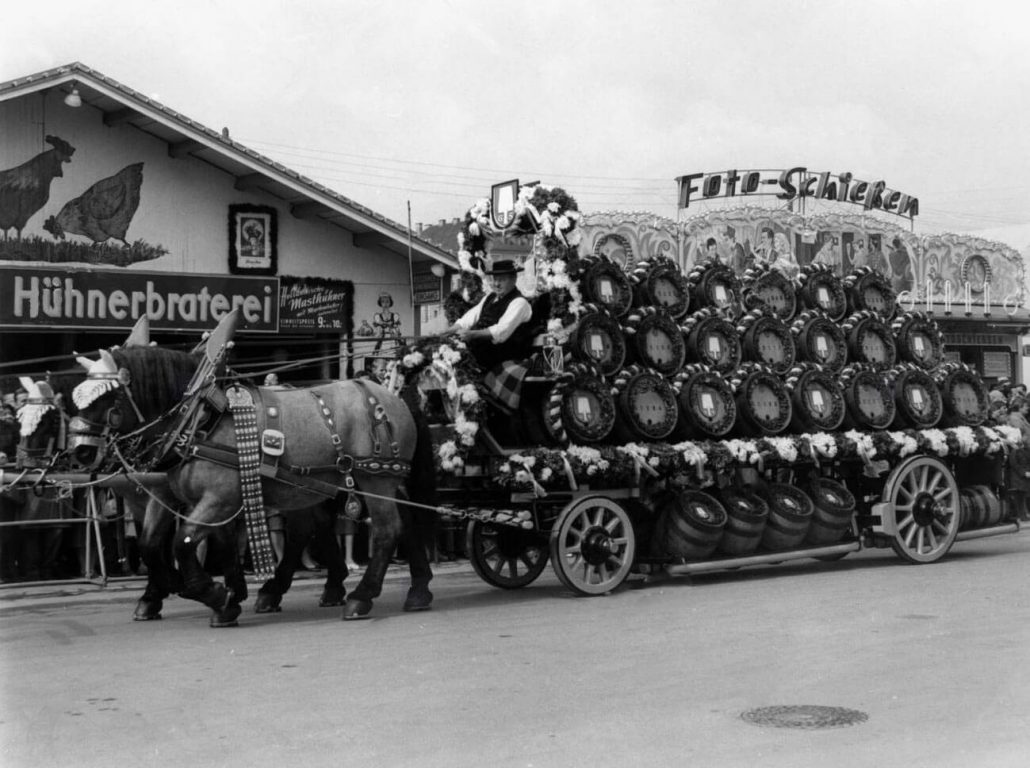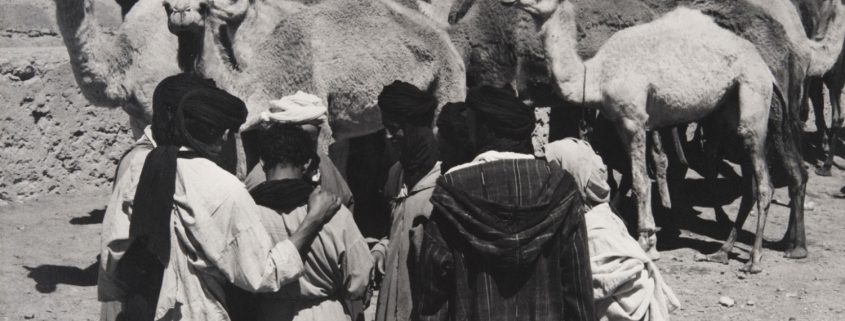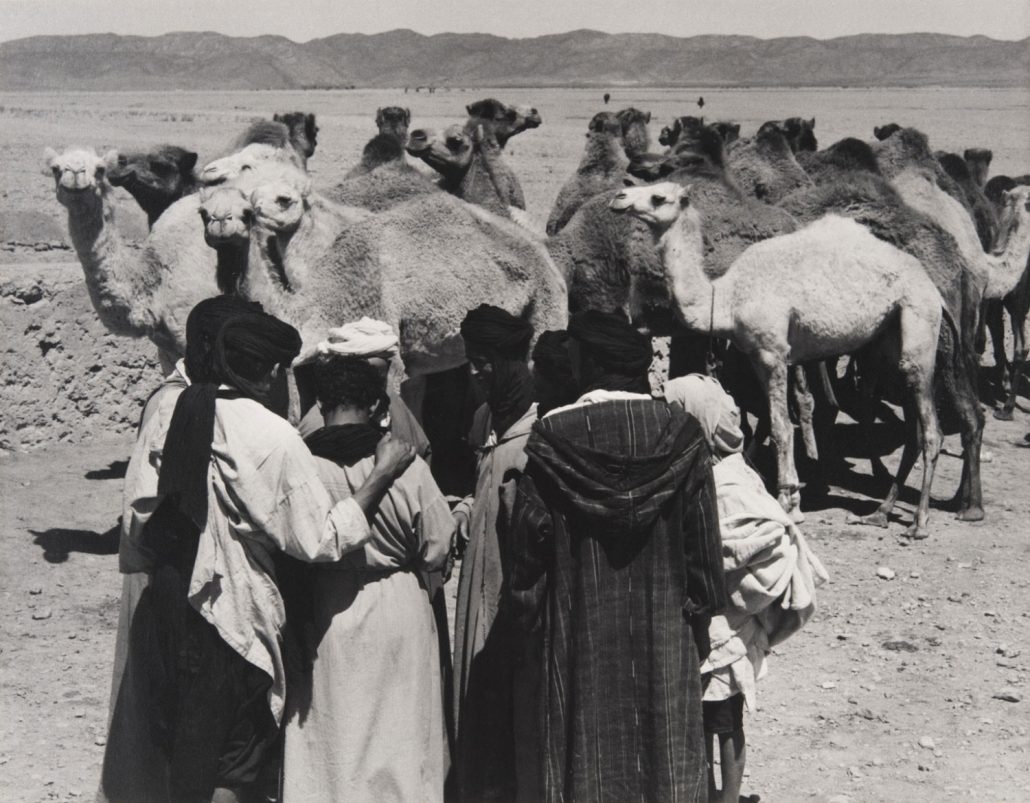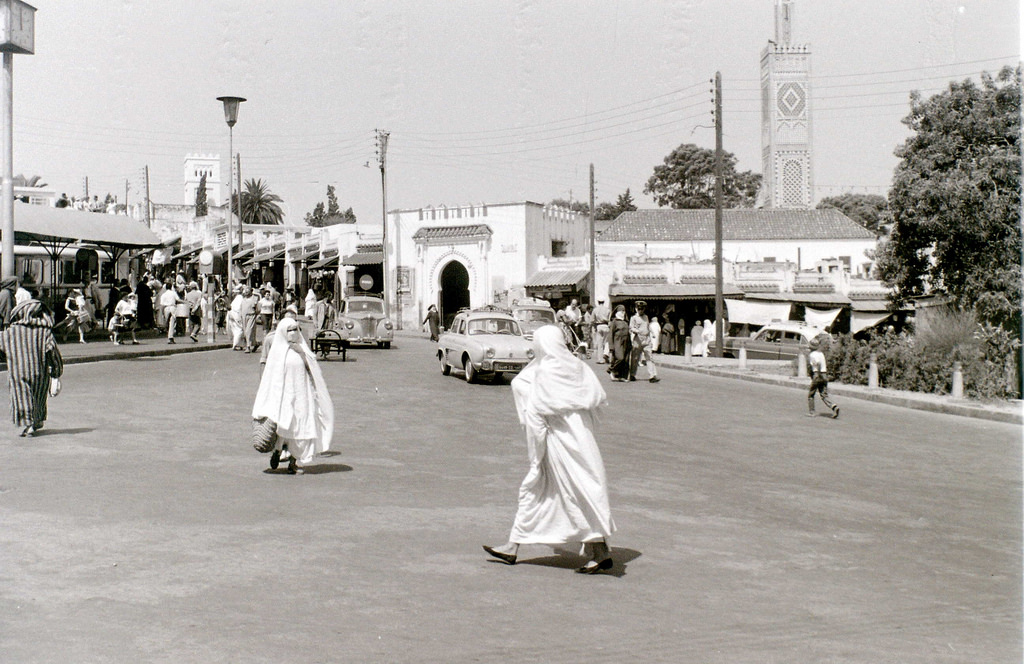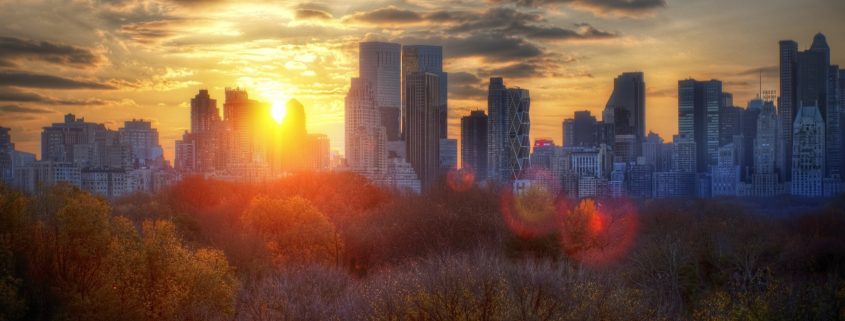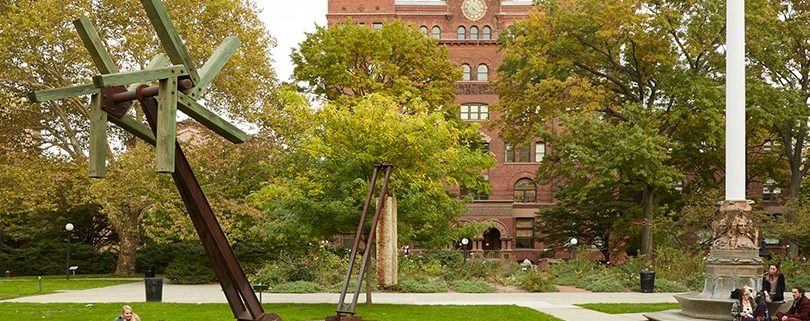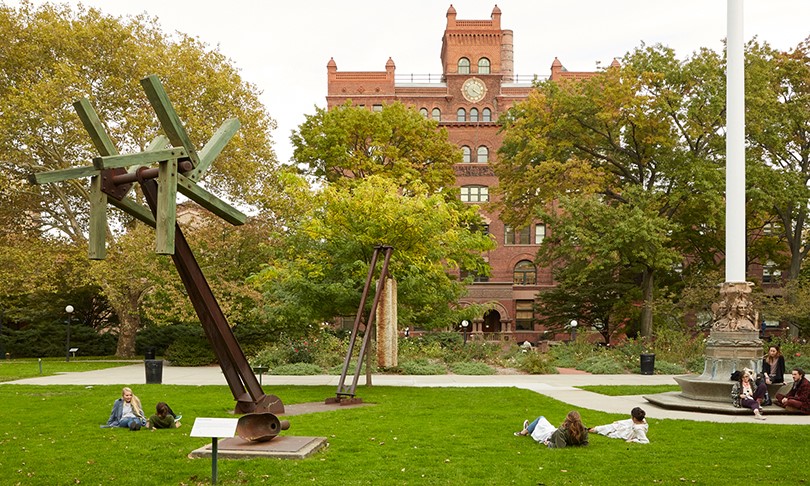New York, New York… Waking Up in a City That Never Sleeps
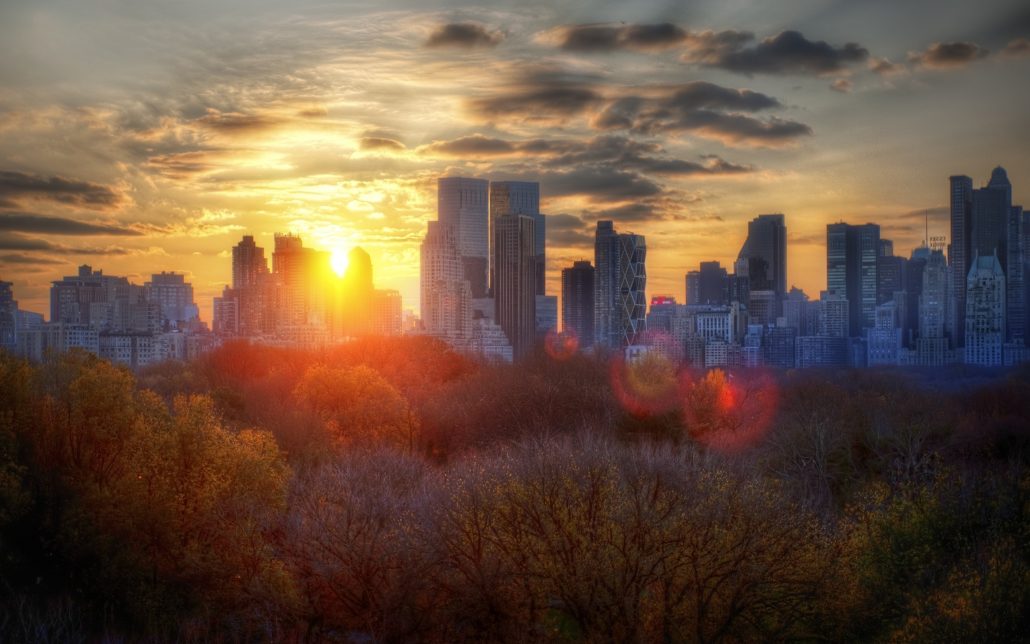 In Norfolk, Virginia, November, 1963, I was living in limbo. I’d been honorably discharged from the U.S. Navy, after serving three years in the Mediterranean during the Cuban crisis. I had full four-year credits as a kitty cruiser, which meant I’d enlisted at just seventeen with my parents’ written permission. It had been three great years in Europe and Africa, really phenomenal! However, I’d decided to come back to the States and begin a new chapter in my life.
In Norfolk, Virginia, November, 1963, I was living in limbo. I’d been honorably discharged from the U.S. Navy, after serving three years in the Mediterranean during the Cuban crisis. I had full four-year credits as a kitty cruiser, which meant I’d enlisted at just seventeen with my parents’ written permission. It had been three great years in Europe and Africa, really phenomenal! However, I’d decided to come back to the States and begin a new chapter in my life.
I was waiting –just for those few days at least– for Uncle Sam to turn the page.
The Pabst Blue Ribbons were good, tasted like home. Memories of my brother’s wedding were still fresh in my brain, flashes of seeing my friends again after so long still resonating. It had been refreshing to see them, but also disappointing and enlightening. I realized that my hometown of Bristol, Connecticut just wasn’t the place for me anymore. It hadn’t been for a long time.
Which place was the place for me was a question I had no answer for. I’d been so embroiled in my adventures as the Escape Artist in the Med, bouncing around from one incredible place and adventure to the next, festivals and fights: a young man’s paradise! Now the United States itself was open to me. I could go anywhere. I was completely free.
Having served honorably, I had benefits to go to any school I wanted. I’d be able to get a home loan more easily and more economically than people who hadn’t serve as I had. Service had its benefits and these were two big ones.
I had little to do but think about it. The Navy was (and remains) like any huge system. There’s bureaucracy, there’s paperwork, there’s protocol. So, it would take a few Norfolk days to be processed so I could be returned to civilian life.
“What about California?” asked Bobby, another discharged sailor, like me and like just about everybody around us.
I took a sip of my own beer, cold and crisp, “I’m open to just about anything, I guess. Something in business. You?”
He stared off, taking another slow, deep pull of his beer and icing his lips. “I don’t think there’s much call for fighting the red blight back here. I hope not, anyway.”
“Better not be.” I answered.
“Amen to that, brother.” Bobby said confidently
We toasted our beers and shared a sip.
“I should probably go to college,” I said, my mind circling the idea like a shark around a stranded swimmer. “Seems a shame to let all those benefits go to waste.”
Bobby nodded. “My old man used to say, ‘Never leave money on the table.’”
“Damn right! And it’s not just tuition. They pay for rent, books, a stipend for grub, it’s a pretty great deal.”
“We earned it,” Bobby said, rising his mug again and clinking it against mine before draining it dry.
I’d heard about the college experience, but I’d made another choice, to serve my country overseas, and I didn’t regret it, not for a minute.
Now I had a chance to do both: to go to college and get the education I would need. I would be doing it as a vet.
There wouldn’t be much competition.
So, visions of being the big man on campus were suddenly the focus of my mind’s eye, a tempting scenario for any young man with his future spread out ahead of him.
“They have universities in every city in the nation,” I went on, gesturing to the bartender for two more PBRs on my tab. “Chicago, Los Angeles, San Francisco… It’s wide open!”
“Yeah, that’s a helluva buffet,” Bobby said, swapping his empty mug for a freshly filled one.
“How about you, Bobby? What’s your plan?” I asked.
He took a swallow and wiped his lips of the white foam. “I’m from Miami Beach, F-L-A.”
“But…,” Bobby went on, “I don’t see myself going back to Florida. Nothing there for me.” I nodded. “Like you said, the whole place is ours for the taking, right?”
“More or less.” I answered.
“I wanna get out there,” Bobby said, “really do some damage, y’know? I ain’t even twenty-one, man, I’m feelin’ my oats!”
I knew just what he meant. We were both flush with the strength of youth, the momentum of our Navy adventures pushing us forward in life, and I knew what he meant about going back, about the hometown, about the notion of falling into old ruts, old relationships, letting the world go on without us. We’d learned too much, experienced too much, to let that happen. We were free, young and strong, with the benefits of service under our belts and in our pockets. Neither of us was interested in looking back.
However, when we turned to look ahead, we were both still a bit dazzled by our breadth of choices, so many and varied opportunities that made picking one almost impossible.
“I got a sister in Washington,” Bobby said
“Lotta rain,” I said, disinterested in the gloomy climbs of the Northwest.
“Washington DC,” Bobby said. That was a different story. He went on, “I got an open door there. We could both hunker down a while ’til we come up with a plan.”
“Washington DC? Hunker down?” Living in the nation’s capital for a while as a freshly discharged sailor was a lot more than just hunkering down as far as I was concerned. This was the center of what amounted to a revolutionary presidential term. It was late October, and as 1963 wound down, Kennedy and his wife were touring the United States, but they’d be back in Washington soon enough. Could I ever manage to meet the great man? I dared to ask myself, maybe RFK too? Maybe I could get some work on the Hill? A career in politics, maybe?
Bobby asked, “Whaddaya think?”
I shook it off and raised my beer for a long, refusing pull. “Wouldn’t want to disappoint your sister.”
Bobby nodded. “Yeah, well, she just got married, so don’t think too much about my sister.”
*
Bobby’s sister Margaret was happy to see us and we were happy to be there. Her new husband was another story, but we didn’t give him too much of a thought. For the first day or so it was a hero’s welcome: fresh-off-the-grill steaks, good ol’ macaroni and cheese, freshly tossed salads, all that delicious American beer that just made it feel like home.
They were eager to hear our stories and I was gratified to tell a few. What good’s a story if nobody wants to hear it, right?
Bobby’s sister and her husband, whom I won’t name for the sake of his privacy, were more sophisticated. That actually made sense because they lived in the nation’s capital, the seat of power. This was no towny couple, no pair of hayseeds from the sticks. We were there among the power brokers, the big wigs, the fat cats.
In Washington being sailors was like currency. I’d served the government no less than any senator or congressman, even more so than most; I’d offered my life in combat if necessary, after all. Most interestingly the people –not just the politicians but the average people– seemed more aware than most how important the military was to peace on Earth, abroad and at home.
Washington had its own subculture of glad-handling too. Everybody was a potential friend, a potential favor, a vote waiting to be cast, a possible hat to be tossed into the ring. So, I was treated with fondness and respect, and so was Bobby by his sister, her husband, her friends and the people we mingled with at parties.
We ended up crashing in Bobby’s sister’s living room, Bobby on the couch and me in an easy chair. After a few days we started to get looks from Bobby’s new brother-in-law. So, neither of us was surprised about what happened when his sister brought us each a cup of coffee and we sat down at the breakfast table.
“So,” she said, blowing on her coffee in a conspicuously casual manner, “what’s next for you boys?”
Bobby and I glanced at each other, both knowing what was coming next. It was unfortunate because I’d been led to believe we’d be welcome for an extended period. Granted, it wasn’t the best circumstance for anyone, but we’d come a long way and to be turned out after just a few days seemed a little cold.
I understood. She wasn’t my sister and it was their first six months as a married couple, so I pretty much couldn’t complain either. Hey, I was in Washington DC, I was a young man of some means and I was grateful for having been welcomed there at all.
After giving it a though, I realized I didn’t really have an answer to her question.
So, Bobby and I cut out to a little bar around the corner for a few racks of pool and a couple beers. Between the two of us, we were confident that we’d come up with something and fast. We didn’t really have a choice.
“We could get an apartment,” I said. “Ever thought about a career in politics?”
He shot at the one ball, just missing the far corner shot. “Bunch of hypocrite liars. If I wanted that, I’d have gone to Hollywood.” Bobby answered.
I lined up a shot at the fifteen, sending it careening into the corner and sinking it hard. “Hollywood sounds kinda fun,” I said. Another shot at the ten missed the side pocket, the ball rolled into a cluster of others and settled in the middle of the table.
“If it’s the glitz and glamour you want, what about New York?” He sank the five ball and the cue ball right along with it. “Damnit!” Bobby said with an angry tone.
“What about New York?” I repeated. “It’s America’s Paris.”
“Don’t badmouth New York,” he said with a knowing grin. “I know a guy there, Freddie, actor. He’s not big time, but it is New York. He told me I could give him a call if I was ever in town.”
I tried to be delicate. “Well, that’s great, Bob, but, um… You said your sister gave you an open door too. This one turned out to be a bit more of a revolving door, if you know what I’m saying.”
“We had to go somewhere, right?” He looked around the little bar, newspapers framed and hung on the walls. “You wanted to see the monuments?”
“You’re damn right I did. We served to protect the things those monuments stand for, the principals the men whose those monuments honor. Jefferson, Lincoln, nowhere else in the world can you find a more… A more American city.”
“Well, there you go,” Bobby said, missing a shot at the eight ball. “So, let’s give Freddie a call and take a bite of the Big Apple, shall we?”
The Greyhound bus rolled us into New York City, with that fabled skyline rising in the distance. Seeing it up close for the first time in my life was more of a thrill than I was prepared for. I’d seen Rome, Paris, London, all the great hubs, but this was New York, the city that never sleeps, the most exciting and vibrant city in the United States, perhaps the entire world.
We pulled into Penn Station, the art deco look of the place took me to a bygone era that still echoed in our national consciousness and probably always would. Travelers from every corner of the world hustled by in every direction, exits funneling us all out into the streets with our luggage, our hopes and our dreams.
Freddie was just the way Bobby had described him. He was thin, a slick hustler in a Stetson and loose-fitting blazer, a swagger, a snap and a lean gangsta. He seemed to be constantly bobbing to music that only he could hear.
“All right,” he said, part of a stream of consciousness jabber that I had to get used to, “great to have you boys Stateside! Manhattan, the place to be, see, be seen and be part of the scene.”
The streets on Manhattan were more crowded than any I’d ever been to. I’d flown out of Chicago after enlisting, so it wasn’t my first walk around a big city block, not by any stretch. But Manhattan had its own feel, a power that resonates out of the sidewalk and not always in a very pleasant fashion.
But I wasn’t alone, and I wasn’t some kid fresh off the farm. I was as dangerous as any thug on the streets, as smart as any young hustler, with a future as bright as any corporate young lion. Bring it on, New York! Hit me with your best shot and be ready for one in return. I served in the U.S. Navy, we don’t back down, we don’t retreat. We don’t fail, we prevail.
Freddie clapped and looked around the scurrying sidewalk, the skyscrapers rising around him as if they were his own. “What’s yer poison, gents? What can I do you out of? What’s it gonna be?”
Bobby and I shared a glance. First things first, we both realized. Bobby asked him, “How about a place to stay?”
He turned with a start. “A place? Of course! I got a place fer ya’s! I’m your man with the plan, my brothers, your guy in the know.”
“Okay,” I said, “maybe you can put us in the know.”
He chuckled and clapped his hands, pointing at me as if his hands were pistols. “Right to the point, I like that. My gramm’s in Europe for another four months, takin’ a little R and R…” He raised his brows, as if using military jargon somehow would bind us together. I wasn’t unamused, to tell you the truth. “Anyway,” he went on, “the place is yours for as long as you need it.”
Bobby said, “Yeah? Free? We don’t have a lot of dough, Freddie.”
I looked around the bustling city. I felt like it was costing me a fortune just standing there. “Two hundred and eighty bucks won’t go far in this town.”
“Amen to that,” Freddie said. “But there’s work for a couple able-bodied seamen such as yourselves. We’ll dig something up. Let’s hit the subway.”
I’d heard of the famous New York subway system, and not everything had been very flattering. Almost all of it turned out to be true. The place smelled like a toilet, that acidic smell of urine hanging in the poorly circulated air. A rat scurried across down the stairs ahead of us, paying little mind to the throngs of passengers walking up or down and giving the hairy little wretch as much room as they could.
Those trains came fast and shot us through the city, rattling and rolling and bypassing all the traffic and exhaust fumes above. I couldn’t help but think what an accomplishment it was, a marvel of engineering. Trains were common in Europe, but I knew they didn’t have anything like the subway in Los Angeles or other so-called hubs. That was a car town, everybody knew. However, the East coast, the Tri-state area, New England, they were still subway cities and they will probably always be.
I wasn’t prepared for the sights that awaited me after walking up the stairs of the subway station in Brooklyn. I’d never heard or thought much about the boroughs outside of Manhattan, which for me was New York. I’d forgotten about all the movies from my youth. Stepping into Brooklyn was a bracing reminder of the cost a city like New York carries: for all the glamor and success, the sleekness of its skyscrapers, the grandeur of Central Park, there were the slums, the alleys strewn with garbage, laundry lines hung from building to building, children screaming and parents screaming even louder, dogs barking, police sirens leaking in and out of the distance at a steady clip.
The apartment was four flights up, the staircase tilted and creaking, always threatening to give way beneath our feet yet managing to survive, year in and year out. Every step was a leap of faith.
Freddie toured us around the little apartment, a one-bedroom that would be more than enough for the two of us. “There’s just that one bed,” Freddie said, “you’ll have to work that out among yourselves… But you got lights, heat, there’s even a TV. Not bad, right?”
“No, Freddie,” Bobby said, tapping his shoulder, “thanks again!”
“You got it.” He checked his watch. “Gotta split, fellas. Got a meeting with my agent. Take a break, get the lay of the land. I’ll give you a ring back in a day or two.”
I said, “Got a gig lined up?”
Freddie clapped his hands, head bobbing on his shoulders. “We shall see, m’man, we shall see.”
Bobby and I took a load off and unwound from our trip into town. We each showered, cleaned up a bit and decided to take a look around Brooklyn; maybe find a decent bar with some cold beer and a few pretty girls to look at, talk to and maybe get some phone numbers.
There was nothing of any interest in Brooklyn and none of the other boroughs had much to offer either. Queens was a suburb, the Bronx was a war zone, the others were just… The others. For us, Manhattan was calling, and that subway was nothing if not reliable, cheap, and convenient.
Plus, Manhattan was where the action was, there just wasn’t any doubt. The island was a dense patchwork of different cultures and the very best foods from different regions of the world. Little Italy smelled of oregano and garlic, Chinatown was alive with exotic butcher shops and vendors peddling fish, chickens and vegetables.
We chowed down on a real American buffet with fried chicken, Salisbury steak, mashed, scalloped and baked potatoes, salads, soups, breads and desserts. It was the kind of food the Navy served, but I have say it tasted a lot better.
After a few trips back and forth, both Bobby and I agreed that the thing to do was get out of Brooklyn and find a place in the city. It was Manhattan or bust as far as I was concerned. The free place in Brooklyn was great, but getting stabbed was going to make it a lot less of a bargain. We were both young men, recently and honorably discharged from the U.S. Navy and we appreciated the help, but we didn’t need the freebie.
We needed a job.
Bobby and I spent the day looking for a place and wound up in a bar, Kelly’s, in Times Square, sat down to refresh ourselves and talk over the places we’d seen, all of them overpriced and under-serviced. However, as vets, we did have our choice of apartments, so that was something.
Paying for it was something else again.
The service in the bar wasn’t great and we had plenty of time to reflect while waiting to be served. Once we were, the waitress asked in a very courteous way, “What kind of work you’re lookin’ for?” She asked.
I looked around and thought fast. “Bartender, matter of fact.”
“That so?” She skeptically asked.
“Sure is,” I said. “Bobby here is my assistant.”
“Is he now?” The waitress asked in surprise
Bobby caught on fast, nodding. “Sure am.”
“Isn’t that something,” our waitress said. “We happen to be a little short-staffed at the moment, our regular guy called in sick.”
“Fancy that,” I said with a wink.
We started work that day, slinging beer and mixing a few cocktails for Kelly’s best patrons. Bobby kept glaring at me, but I’d thought of it first and he was stuck with the job of assistant, changing the beer kegs and getting fresh whiskey bottles.
We worked for tips and meals and took a room at the famous St. James Hotel just across the street. It wasn’t much and it wasn’t permanent, but it would do for a while. We moved out of the place in Brooklyn and started working full time. We were both bartending at Kelly’s and I took another job waiting tables at the lunch place around the corner. That led to a job at a catering company. The three jobs were bringing in enough food and tips to get us by, which was no small feat in New York City.
We settled into the rhythms of big city life, working at one job or another, eating free and saving what we could, and coming across some of the most beautiful women we’d ever seen. New York was the hub of a lot of glamorous professions, so there were fashion models, actresses and dancers; and they were all impressed with a handsome young sailor, fresh from his service in Europe.
Very impressed.
We got a two-bedroom apartment with two other discharged vets, the only way to live affordably in New York for young men like us. We were getting the feel of the city, learning the different areas, where to go and where not to go. The subway was an amazing benefit, zipping us from one borough to another, from end of the island to the other and to all points in between. Twenty-five cents would take us anywhere we wanted to go, quickly and easily not exactly in style. We were young, so we didn’t need style.
The food service industry had been a lucky break, but I didn’t intend to be waiter or bartender for the rest of my life. I needed more money, a better opportunity and more privacy at home.
On the twenty-third of November, 1963, I was on a job interview for Official Films. Freddie had gotten me a shot at a junior executive position and I was very excited to get it. A job in the film industry was just the kind of thing I was looking for: glamor, money, power, women and lots of travel at every opportunity. I’d be able to go anywhere and do whatever I wanted. I’d have all the benefits of the Navy and none of the obligations!
The interviewer, Jack Burke, asked me, “And where do you see yourself in five years?”
“Right here,” I said with a casual smile, “racking up the Academy Awards.”
He chuckled. “I’m not sure you understand,” he said. “We don’t make those kinds of movies, we make jumk.”
I said, “That’s what you make now, but in five years…” He nodded and smiled, but his secretary burst into the office without even knocking.
Jack said, “Delores, what’s the…?”
“It’s the president, sir!” Her voice was cracking, her makeup running down her cheeks.
I mumbled, ”The president of the company is here … now?” I buttoned up my jacket and sat up in my chair.
Jack asked Delores, “Harrison Newman is here?”
“No, sir,” Delores said through her tears, “the president of the United States! He … he’s been shot!”
I could feel the blood drain from my face. Jack stood up from behind his desk and turned on the TV on his bookshelf, the black and white screen flickering.
Walter Cronkite was sitting behind his familiar news desk.
“…President Kennedy was shot as he drove from Dallas Airport to downtown Dallas; Governor Connally of Texas, in the car with him, was also shot. It is reported that three bullets rang out. A Secret Service man was heard shouting from the car, ‘He’s dead.’ Whether he referred to President Kennedy or not is not yet known. The President, cradled in the arms of his wife Mrs. Kennedy, was carried to an ambulance and the car rushed to Parkland Hospital outside Dallas. The President was taken to an emergency room in the hospital. Other White House officials were in doubt in the corridors of the hospital as to the condition of President Kennedy. Repeating this bulletin: President Kennedy shot while driving in an open car from the airport in Dallas, Texas, to downtown Dallas…”
We both stood in that office, stunned. My legs felt like rubber, my stomach turning with a quick, cold nausea. Delores and other members of the staff drifted into the office, the door left open, the TV attracting everybody’s attention.
On the little TV screen, Cronkite was handed a fresh news bulletin. He looked it over, took off his glasses and looked straight into the camera.
“From Dallas, Texas, the flash, apparently official: President Kennedy died at 1 p.m. Central Standard Time.” He glanced at the clock and added, “Two o’clock Eastern Standard Time, some 38 minutes ago.”
Cronkite put his glasses back on. He swallowed, obviously wrestling to maintain his professional demeanor. His voice quivered with emotion and went on with his report, “Vice President Johnson has left the hospital in Dallas, but we do not know to where he has proceeded; presumably he will be taking the oath of office shortly and become the thirty-sixth President of the United States.”
Around me, the girls were howling and crying into their hankies, Jack’s expression pale, shocked, his mouth a tiny, open slot through which no words could pass.
Because there were no words. It was unspeakable, unthinkable, impossible. John Kennedy was our president, he was the future of America, a new Camelot! The idea that he’d been struck down, a man so young and vital, a man so central to world events, our protector and our servant, a man both humble and exalted… It was simply stunning!
We didn’t even finish the interview. I just turned and wandered off through the crowd filling the office. I suddenly found myself wandering down the busy boulevard, every conversation centered around the same tragic subject. I couldn’t ignore the words that wafted around as I walked, not headed anywhere in particular: dead, shot, Dallas.
Other than that, there was an eerie silence over the city, probably for the first and last time in New York City. Everyone was sharing the sample stunned quiet, disbelief, horror: the American dream shattered right before our eyes.
For a serviceman like me, the loss was even worse than for civilians, I say with all due respect. He was ours, he was our generation’s president and we all suffered from his loss, but those of us in the service had served under him. As the commander in Chief, he was our boss. As the president, we were his bosses. So, we had the kind of respect and sense of duty to him that most civilians just couldn’t have. We’d lost one of our own.
Not only was he one of us, he was the best of us. A rich kid from a powerful family, he could have avoided service, stayed home with his silver spoon; but instead he put himself out there and almost paid as his older brother did, with his life.
Kennedy had also served in the military and in the Navy no less! As a Lieutenant Junior Grade, he’d captained a PT-109 into combat and survived a collision with a Japanese destroyer. Kennedy collected the five surviving seamen and kept them alive, clinging to the floating wreckage of the PT-109.
So, every Naval officer and sailor felt the loss to our very core.
I’d started around 63rd Street and wound up at Greenwich Village. I wandered into a bar and ordered a beer, only half aware of who I was and what I was doing. The TV was on, as was every TV in every window I’d passed on the way with the same news broadcasting on every screen. There was no denying it, no ignoring it, no explaining it.
There were already rumors, gossip, questions and theories of all sorts. Nobody knew yet who had done it, no gunman had been captured, everybody had questions about the First Lady’s health or well-being; it was chaotic and confusing, everybody trying just to make sense of the senseless.
It was all we would talk or think about for days, weeks, months. There was the capture of Lee Harvey Oswald, his later murder at the hands of Jack Ruby. There were the rumors of organized crime and communist involvement in a conspiracy to kill Kennedy, but it all sprang from that one terrible moment in Dallas. Those of us who lived through it will never forget where we were the moment we heard about the incident.
December came and we were making the most of life in New York: four discharged Naval seamen sharing a two-bedroom, one-bath place on the Upper East Side. We were all working at different times, so we’d go for days without seeing one another. Whoever happened to be off duty was probably hosting a party, with girls, buds and beer… Plenty of good times! We were enjoying our youth, working hard and playing harder, spending our money and not regretting a penny of it. Life was short, life was precious, life was ours to enjoy.
There was nobody to tell us what to do or where to go, when to sleep or when to wake up. It was the first time in our lives that we were truly free, unencumbered, with all the strength and youth to rise to the task of conquering the Big Apple, one juicy bite at a time.
A new year was dawning, 1964. America was anxious to leave the tragic year of ’63 behind her, to look forward to new challenges and new rewards. My own life was changing fast. I’d be attending the Pratt Institute of Architecture in Brooklyn, paid for by the U.S. Navy, of course. The Beatles were about to be the biggest stars in the world. Vietnam, the drug revolution, hippies, flower power, psychedelia, were all just around the corner and they’d leave their mark on the United States and everybody in her. Nobody was sure whether it would be for better or worse, but change was coming for us all, calling the tune we all would dance to.
And what a dance it would be!
TO BE CONTINUED …
